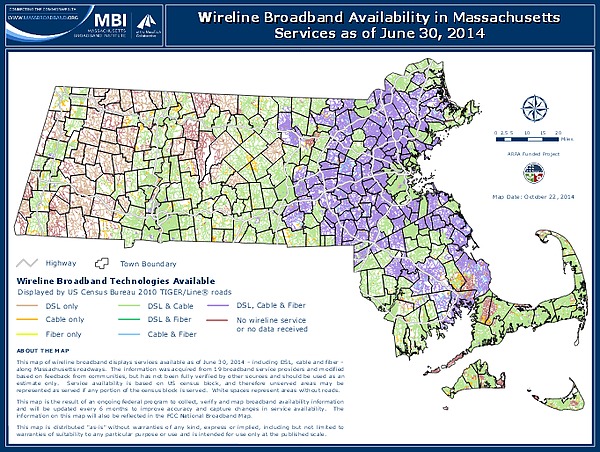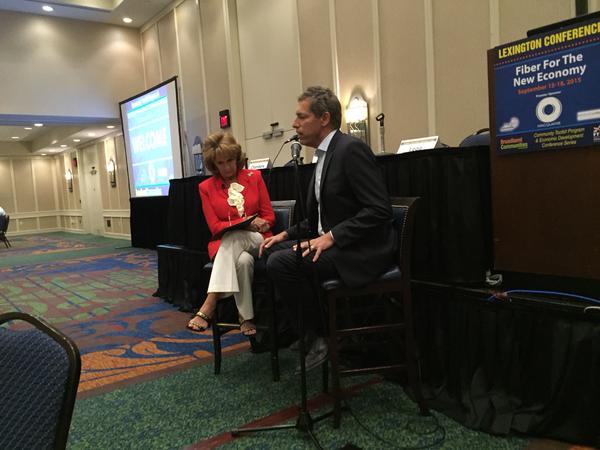This is a great infographic showing the state of broadband services in the United States, but the text in the article is a little misleading. First of all the reason that about half the rural residents can’t get broadband service is because the FCC changed the definition of broadband service and the incumbent carriers are trying to catch up to meet the new definition. Second allowing municipalities to decide their own broadband fate will not address the problem of reaching customers outside the city limits.
The uninformed and big government types look at municipal broadband as the panacea to all our broadband ills, but there is a reason that 19 states have enacted laws preventing municipal governments from getting into this business. They recognize that about half of these ventures fail and leave taxpayers on the hook to cover the losses, and that bureaucracies are generally not market oriented.
Continue reading








